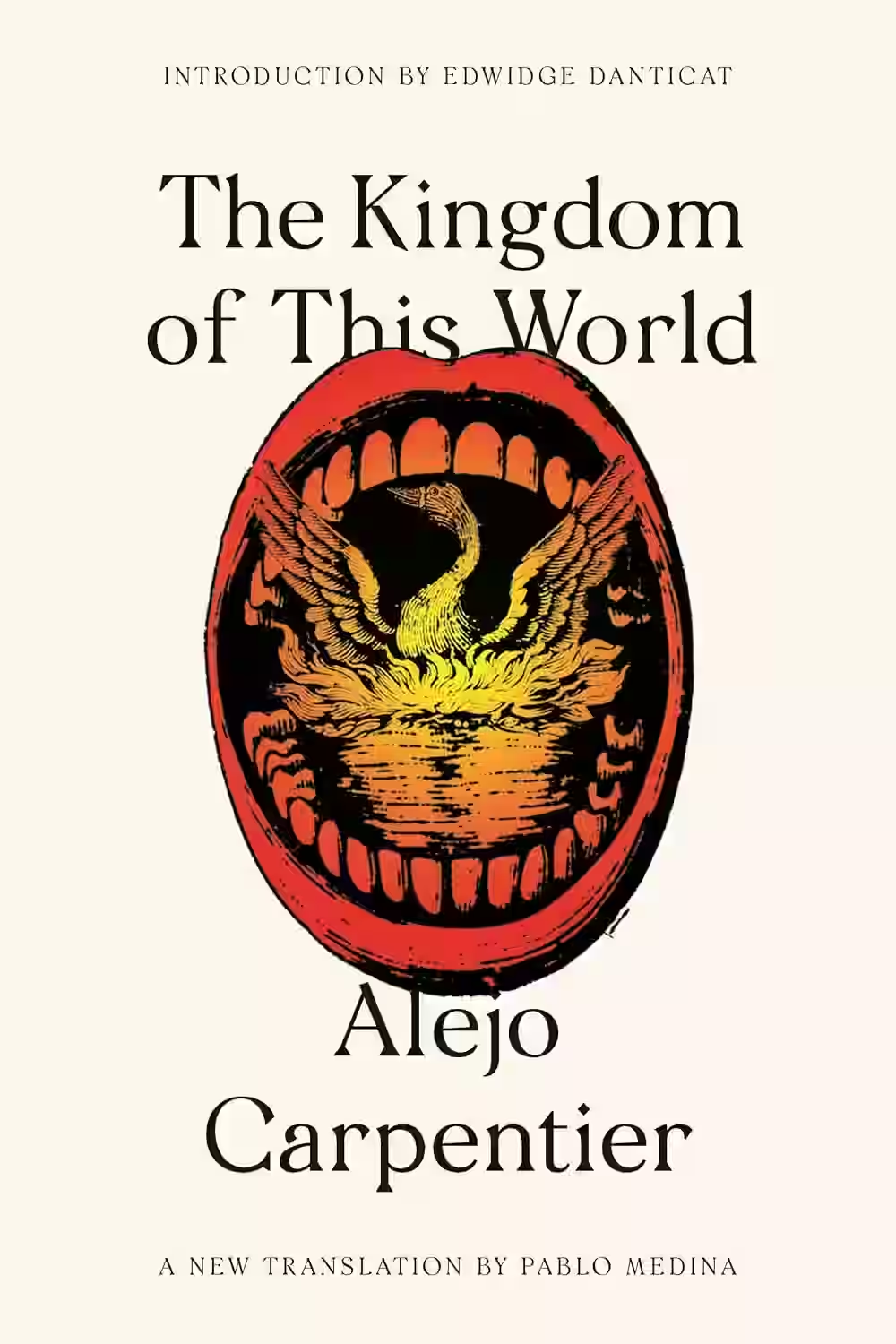
The Book of Sand by Jorge Luis Borges is a haunting short story exploring the infinite and unknowable. Narrated by a retired librarian, the tale follows his encounter with a mysterious book—a volume without beginning or end, its pages rearranging themselves endlessly. As the narrator becomes obsessed, the book’s paradoxical nature leads him into existential dread and a loss of control. Borges uses this fictional artifact to meditate on the nature of infinity, obsession, and the limits of human understanding. A masterful blend of metaphysical horror and philosophical reflection, the story is a chilling reminder of knowledge’s seductive and perilous power.
About Jorge Luis Borges
An Argentine short-story writer, essayist, poet, and translator, considered one of the most significant figures in 20th-century literature. His labyrinthine, philosophical short stories often explored themes of infinity, identity, mirrors, dreams, and reality, blurring the lines between fact and fiction. Borges's intellectually stimulating and meticulously crafted prose, filled with intricate allusions and metafictional elements, created a unique literary universe that continues to influence writers and thinkers worldwide.
Other Books by Jorge Luis Borges

The Aleph
The Aleph is a collection of short stories by Argentine writer Jorge Luis Borges, blending metaphysics, literature, and fantasy. The title story centers on a man who discovers a point in space—the Aleph—that contains all other points, allowing him to see the entire universe simultaneously. The collection explores themes of infinity, memory, identity, and the nature of reality, often through imagined texts, paradoxes, and labyrinths. Rich in philosophical depth and literary allusion, The Aleph exemplifies Borges’ unique style: intellectually rigorous yet imaginatively expansive. These stories challenge perception and remain profoundly influential in both world literature and speculative fiction.

Ficciones
Ficciones is a celebrated collection of short stories by Argentine author Jorge Luis Borges, blending philosophy, literature, and speculative fiction. Each story is a mind-bending exploration of reality, time, identity, and infinity. Borges uses fictional texts, labyrinths, mirrors, and imagined worlds to question the nature of truth and knowledge. Highlights include “The Library of Babel,” where the universe is imagined as an infinite library, and “Tlön, Uqbar, Orbis Tertius,” about a fictional world overtaking reality. Rich in allusions and intellect, Ficciones is a masterwork that continues to influence writers, philosophers, and readers around the globe.
Similar Books

The Kingdom of This World
A few years after its liberation from harsh French colonial rule in 1803, Haiti endured a period of great brutality under the reign of King Henri Christophe, who was born a slave but rose to become the first black king in the Western Hemisphere. In this unnerving novel from one of Cuba's most celebrated authors, Henri Christophe's oppressive rule is observed through the eyes of the elderly slave Ti Noël, who suffers abuse from masters both white and black. As he ranges across the country searching for true liberation, Ti Noël navigates bloody revolutions, maniacal rulers with false visions of grandeur, and the mysterious power of voodoo magic.

The Wind-Up Bird Chronicle
A mesmerising, surreal novel - Murakami's most celebrated and influential masterpiece. Toru Okada's cat has disappeared. His wife is growing more distant every day. Then there are the increasingly explicit telephone calls he has recently been receiving. As this compelling story unfolds, the tidy suburban realities of Okada's vague and blameless life, spent cooking, reading, listening to jazz and opera and drinking beer at the kitchen table, are turned inside out, and he embarks on a bizarre journey, guided (however obscurely) by a succession of characters, each with a tale to tell.

The Drover's Wife
by Leah Purcell
In this bold reimagining of Henry Lawson’s short story, Leah Purcell recasts the drover’s wife as a fierce, gun-toting Indigenous woman defending her home and children in the Australian outback. Blending frontier grit with cultural identity, The Drover’s Wife examines race, gender, and survival with raw intensity. Both a novel and a powerful feminist statement, it reclaims and expands a classic narrative from an Indigenous Australian perspective.

The Atlas Paradox
by Olivie Blake
Series: The Atlas (#2)
In 'The Atlas Paradox,' Olivie Blake continues to captivate readers with her blend of intrigue and intellectual challenge. As a sequel to 'The Atlas Six,' this novel dives deeper into the mysterious world of the Alexandrian Society, where six gifted magicians vie for their place among an elite group. Each character, with their unique abilities and motivations, navigates moral dilemmas and shifting alliances, revealing the corrupt underpinnings of their world. Blake deftly weaves a narrative that combines complex character development with philosophical questions about power, knowledge, and ethics. The book's stimulating dialogue and suspenseful plot maintain a gripping pace, enticing readers to ponder the true cost of ambition. 'The Atlas Paradox' is a thought-provoking exploration of the human psyche, making it a must-read for aficionados of dark academia and speculative fiction.